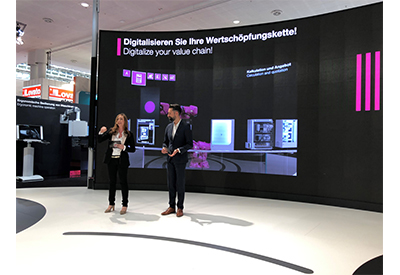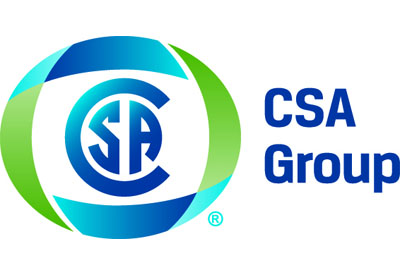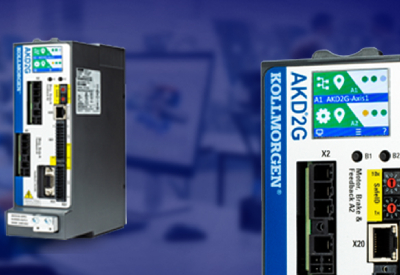Volatile Markets: Adapted Connectivity Makes Automation Devices More Flexible
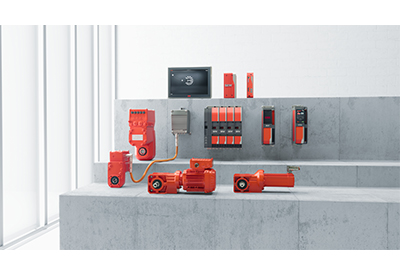
January 13, 2021
By Guido Selhorst, Head of Marketing Services, HARTING Technology Group
75 years of the HARTING Technology Group: During this period there have been many innovative developments and solutions in the automation market. Even though HARTING has been working in partnership with SEW-EURODRIVE for less than 75 years, there have been numerous successful joint projects over the past few decades.
The SEW group of companies – with headquarters in Bruchsal, Baden and with more than 18,000 employees worldwide – is one of the global market leaders in the field of drive technology and drive automation. They offer a wide variety of competent products, solutions and services. From individual drives to complete drive systems, SEW-EURODRIVE provides complete user-specific solutions by taking advantage of a comprehensive modular system of electromechanical components, electronic speed control systems and computer-aided calculation programs. 17 production plants and 81 drive technology centres in 52 countries ensure a global presence, the best service and rapid availability. The company generated sales of over 3.3 billion euros in the 2019/2020 financial year.

HARTING has evolved into a global technology company within the last 75 years. The technology group is the global market leader in electrical and electronic connection technology. The company’s business units offer a wide range of tailor-made solutions for industrial applications. The product portfolio includes connectors, device connectivity, network components and assembled system cables. All solutions focus on providing clear benefits to the application. HARTING products connect and network devices, machines and facilities – providing data, signals and power. This creates solutions for markets in automation technology, energy, traffic engineering, mechanical engineering and medical technology applications. HARTING also produces electromagnetic components for the automotive industry, charging technology and cables for electric vehicles, and solutions for housing technology and shop systems.
The recipe for success: HARTING has always adapted itself to different market requirements and has repeatedly “reinvented” itself over the decades. For example, the division originally founded to develop music and cigarette vending machines in the 1950s has developed into today’s business unit handling the installation of entire shop and cash register systems in food retailing. The same goes for the continual development of actuators. Originally, magnets developed by HARTING were used in textile machines, but later they also found their way into automobiles. A high level of innovation, uncompromising quality, well-defined customer orientation, international orientation and social responsibility have all been decisive factors in the company’s success story. Our future is being shaped as the driver and motor of Industry 4.0.
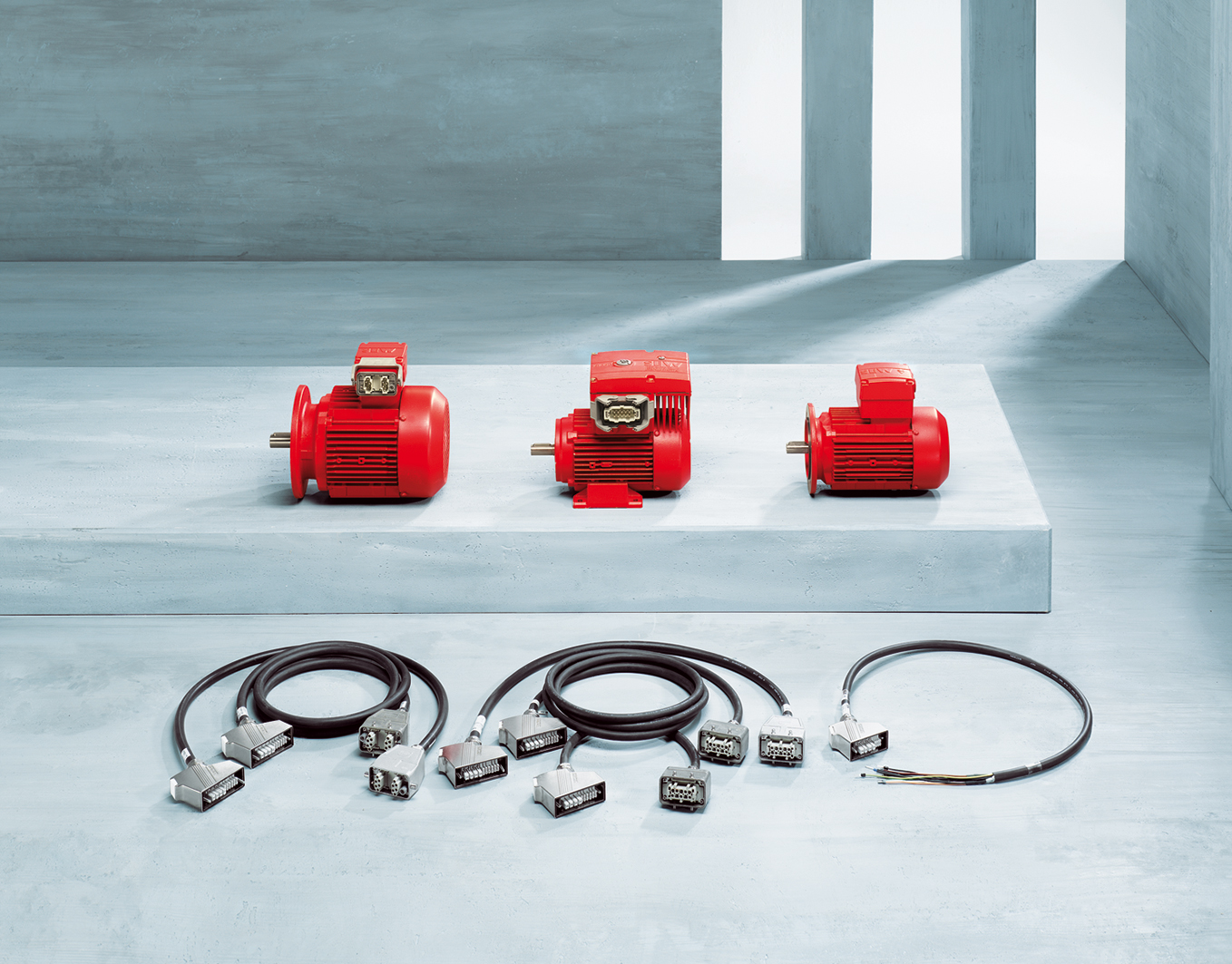
At the end of the 1990s, automobile production was a major driver for a trend that continues to this day. It was quickly apparent that machine availability was strongly associated with the speed of service calls. Now, drives could be replaced simply by fitters – without any additional service from an electrician. This brings a clear cost advantage: the resources of the technicians were saved and such replacements only required a fraction of the previous time. The Han® 10E has thus become the standard used for motor connectors. With the matching housing solution, Han-Drive® was born as the standard for pluggable drives.
And SEW-EURODRIVE played a major role in developing this solution. After all, many of their motors were installed in the corresponding applications of the automobile manufacturers. Whether in conveyor technology, in assembly or even in painting applications, drives from SEW-EURODRIVE can be found everywhere. This flexibility was beneficial in the next technical step with the decentralised drive technology. It was quickly apparent that, when there are many drives of the same type in a long facility topology, a single supply line for power would be advantageous. A pluggable (and thus versatile) line topology was just as necessary as an intelligent control for the decentralised drives.
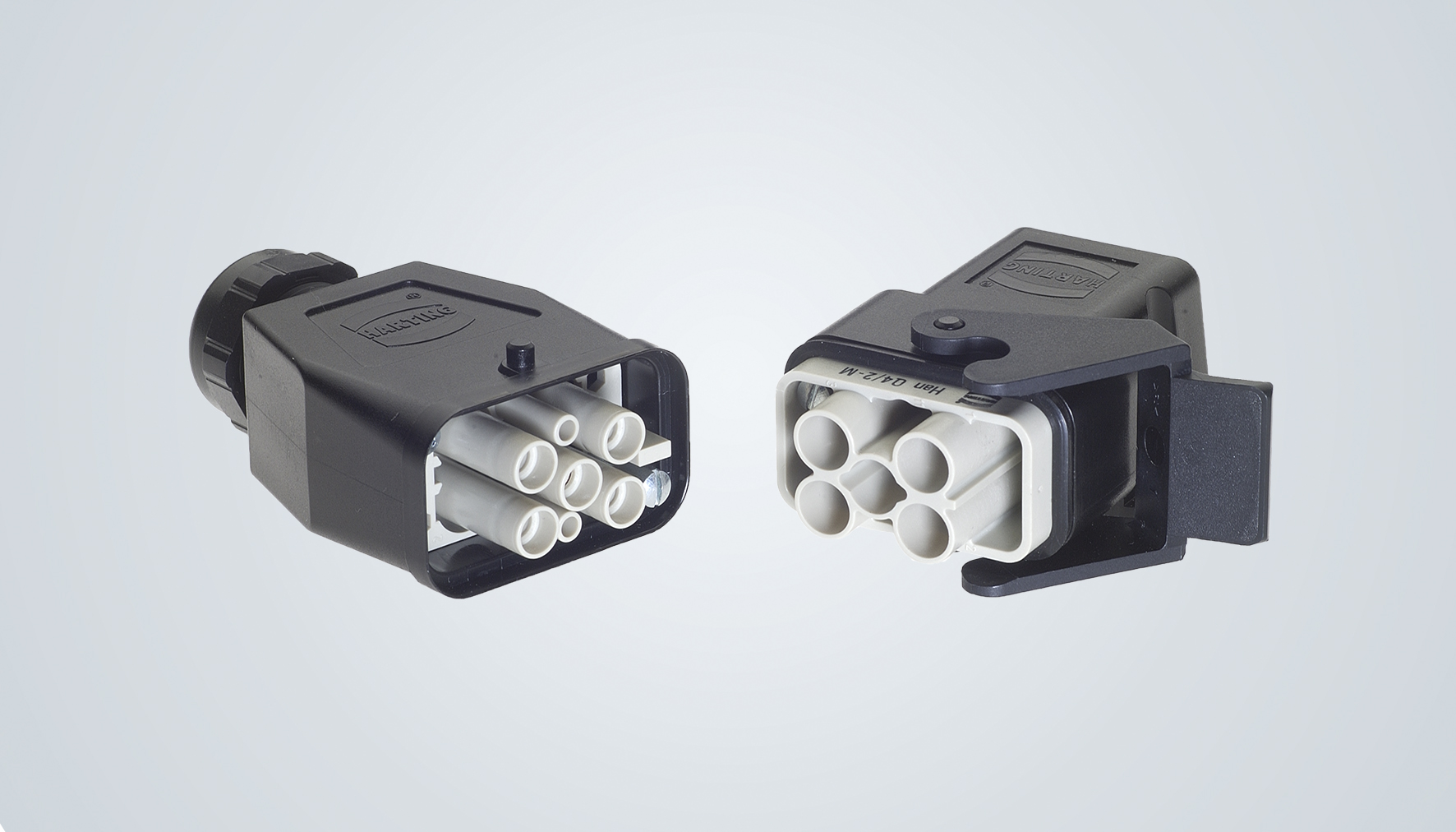
At SEW-EURODRIVE, this solution was called MOVIMOT or later also MOVIPRO. The switchgear has moved from the former central cabinet to the decentralised units on or near the motor. An initiative called DESINA, from the VDW, has pushed this concept forward significantly, even if from today’s perspective the technology was too early and its positioning in the machine tool sector did not encounter the necessary success. However, the idea was driven forward strongly in other applications and industries, which is why decentralised technology is an absolute standard nowadays.
In spite of increasing energy demand, drives and decentralised units became smaller and smaller. This trend toward miniaturisation is also clearly evident in automation. That is why it became necessary to also find a new solution here. New interface standards (with the Han Q 8/0 and Han® Q 4/2) were then developed. These were also incorporated into the DESINA standard and found their way into various solutions at SEW-EURODRIVE. With the Han Q 4/2, a decentralised subscriber could now be supplied with sufficient energy. It can even conduct bidirectional energy flows in a touch-safe manner. The Han® Q 8/0 ensured the direct supply of the drive from the decentralised converter.
Therefore, this was soon available as a shielded solution in order to take the EMC issue into account. Automation devices such as decentralised drive units, however, must also confront the solutions for the central structure on the market. Automation devices such as decentralised drive units, however, must also confront the solutions for the central structure on the market. In order to be able to automate the manufacturing processes as much as possible, a PCB adaptation was made that reduces the manual efforts to a minimum.
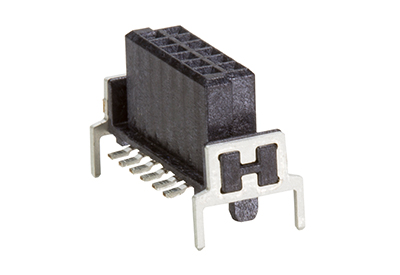
But miniaturisation also had an impact on the design of the electronics within the device. With the har-flex THR, a solution was designed for the new MOVI-C modular electronics system that meets the requirements for robustness as well as the requirement for using less space in the device. The necessary modularity of the interface could be implemented very flexibly with the new solution because of the modular design of the new converter series.
The requirements for safety and robustness could not be achieved using the existing SMD contacts. Therefore, a mutual search for alternatives was carried out – and the perfect connection technology was found by integrating THR technology. Thus, it was then possible to install an option plug-in slot that enabled you to quickly adapt to customer needs. Dr Hans Krattenmacher says, “We need to make our equipment more modular and flexible so that we can react faster to customer needs. The markets are developing differently, especially in Asia and in the USA. This forces us to build devices more modularly in order to be able to respond to the respective individual needs“.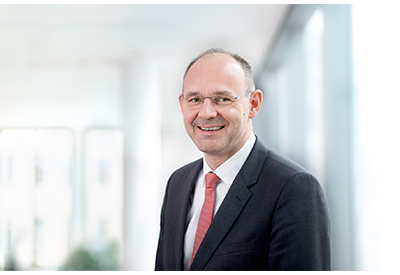
Thus, it was then possible to install an option plug-in slot that enabled you to quickly adapt to customer needs. With the use of more electronics and ever smaller, more compact devices, the level of complexity that is being brought into the field is constantly increasing. In the future, intelligent systems will be needed that make this complexity manageable.
Regardless of whether there is centralised monitoring using Ethernet-based bus systems or a clear on-site display – safe operations depend on the ability to make clear decisions of action. Predictive maintenance, requirements for functional safety and integrated energy management are just a few of the examples.
The increasing demand associated with digitisation to optimally evaluate sensor data, the need to achieve more flexibility when using devices with modular systems, and the capability to adapt to increasingly compact electronics integration: all these aspects are the challenges that SEW-EURODRIVE and HARTING have continually met successfully in recent years. This is what has enabled us to successfully bring optimal solutions to the market.



